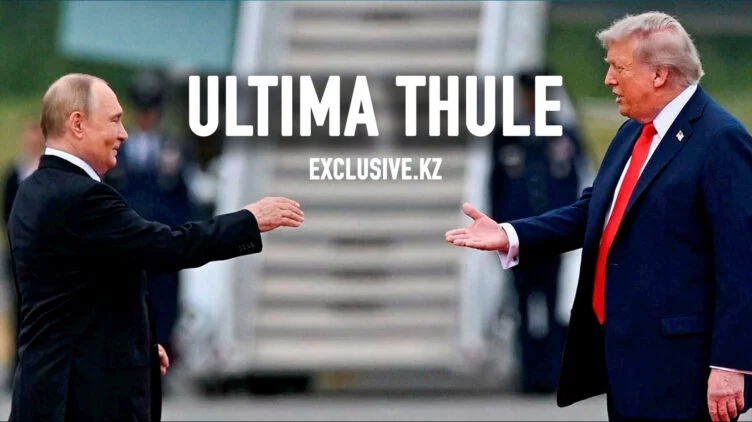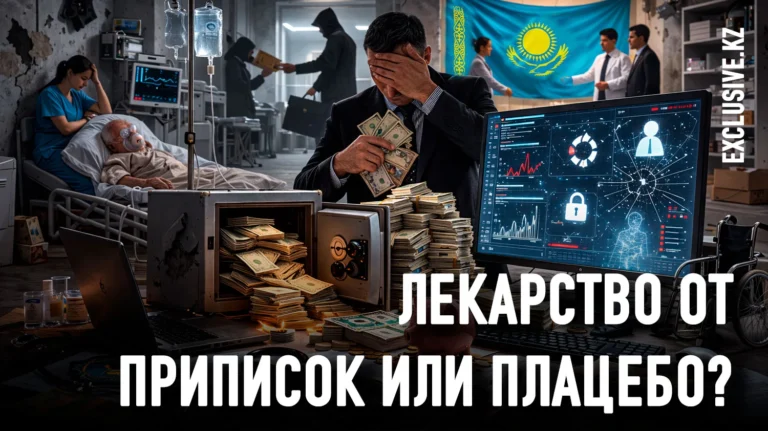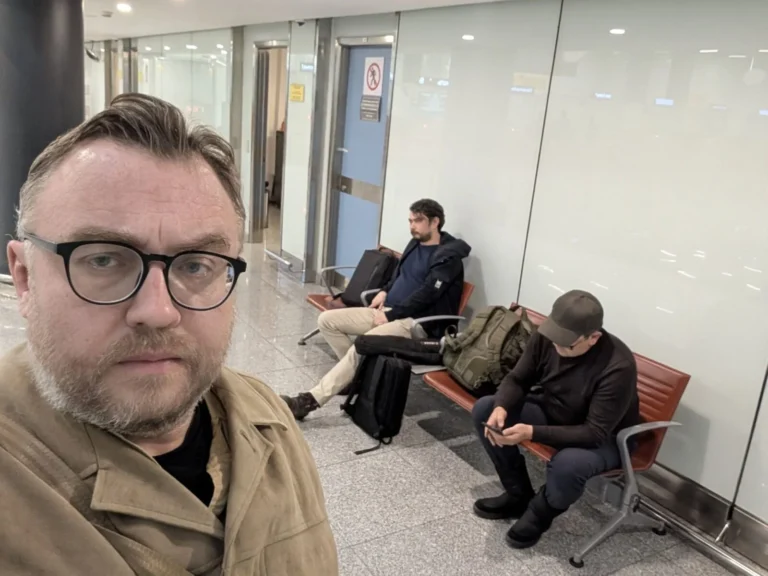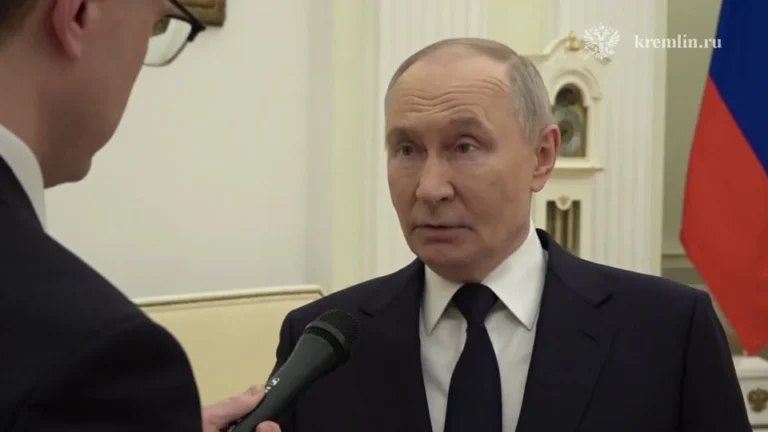Trump’s Alaska Folly

In the ancient world, people spoke of “Ultima Thule,” a mythical land in the extreme north, at the end of the earth. By venturing north to Alaska to meet Russian President Vladimir Putin, US President Donald Trump reached his own Ultima Thule, the arctic endpoint of a foreign-policy dreamworld.
For Trump, foreign leaders can be dealt with like Americans, with fantastic promises and obnoxious bullying. But the fantasies do not function beyond America’s borders. The empty offer of a “beautiful” future does not move dictators who commit crimes to advance their own visions, or affect people who are defending their families from a criminal invasion stealing their land and wealth, abducting their children, and torturing and murdering civilians.
Putin has no reason to prefer Trump’s vision of a beautiful future to his own: a Ukraine with a puppet government, a population cowed by violence, patriots buried in mass graves, and resources in Russian hands.
Like Trump’s fantasizing, his bullying also does not work abroad. To be sure, many Americans are afraid of Trump. He has purged his own political party, with threats of violence helping to keep Republican members of Congress in line. He is deploying the US military as a police force, first in California and now in Washington, DC.

But foreign enemies apprehend these intimidation tactics differently. The very moves that shock Americans delight America’s foes. In Moscow, deployments of soldiers inside the United States look like weakness.
Tough talk may resonate in America, where we confuse words with action. But for Russian leaders, it covers a weak foreign policy. Trump has made extraordinary concessions to Russia in exchange for nothing at all. Russia has repaid him by continuing the war in Ukraine and mocking him on state-controlled television.
What are those concessions? Just by meeting Putin in Alaska, Trump ended more than three years of Western diplomatic isolation of the Kremlin. By shaking hands with an indicted war criminal, Trump signaled that the killings, the torture, the abductions in Ukraine do not matter.
Even the choice of Alaska was a concession, and an odd one. Russians, including major figures in state media, routinely claim Alaska for Russia. Inviting people who claim your territory inside your main military base on that territory to discuss a war of aggression they started without inviting anyone representing the country they invaded – well, that is just about as far as a foreign-policy fantasy can go. It is Ultima Thule.
It was the very end because Trump had already conceded the more fundamental issues. He does not speak of justice for Russian war criminals or of the reparations Russia owes. He grants that Russia can determine Ukraine’s and America’s foreign policy on the crucial point of NATO membership. And he accepts that Russia’s invasions should lead not only to de facto but also de jure changes in sovereign control over territory.
Accepting that invasion can legally change borders undoes the world order. Granting Russia the right to decide the other countries’ foreign policy encourages further aggression. Abandoning the obvious legal and historical responses to criminal wars of aggression – reparations and trials – encourages war in general.
Trump speaks loudly and carries a small stick. The notion that words alone can do the trick has led Trump to the position that Putin’s words matter, and so he had to go to Alaska for a “listening exercise.” Trump’s career has been full of listening to Putin, and then repeating what Putin says.
Both men are moved by the future perception of their greatness. Putin believes that this can be achieved by war, an element of which is the manipulation of the American president. Trump believes his legacy can be secured by being associated with peace, which, so long as he is unwilling to make policy himself, puts him in the power of the warmaker.
Putin is not moved to end the war when his own propaganda is repeated by the US president. He cannot be enticed by a vague vision of a better world, since he has in mind his own very specific atrocity.
In Alaska, Trump reached his personal Ultima Thule, the limits of his own personal world of magical talk. He faced a very simple question: Would Putin accept an unconditional ceasefire or not, as he had demanded?
Putin has refused any such thing, and he did so again in Alaska. The Russians propose an obviously ridiculous and provocative counter: Ukraine should now formally concede to Russia territory that Russia does not even occupy, lands on which Ukraine has built its defenses. And then Russia can of course attack again, from a far better position.
Putin knows that Trump wants the Nobel Peace Prize, so his obvious move is to suggest to Trump that the war will end someday, and Trump will get the credit, if the two of them just keep talking – “Next time in Moscow?” he asked before leaving Alaska – while Russia keeps bombing.
Now that Trump has failed to secure an unconditional Russian ceasefire, there are two paths he can take. He can continue the fantasy, though it will become ever more obvious, even to his friends and supporters, that the fantasy is Putin’s. Or he can make the war harder for Putin, and thereby bring its end closer.
The US has not formalized its outlandish concessions to Russia, and Trump could rescind them in one press conference. The US has the policy instruments to change the direction of the war in Ukraine, and could employ them.
Trump has threatened “severe consequences” if Putin did not accept an unconditional ceasefire. Those are words, and thus far, the consequences of Trump’s words, for Russia, have been more words. This all becomes clear now, at Ultima Thule. Trump has reached the border of his fantasy world. Where will he go next?
Copyright: Project Syndicate, 2025.
Все комментарии проходят предварительную модерацию редакцией и появляются не сразу.





Все таки Путин съел его за обедом!